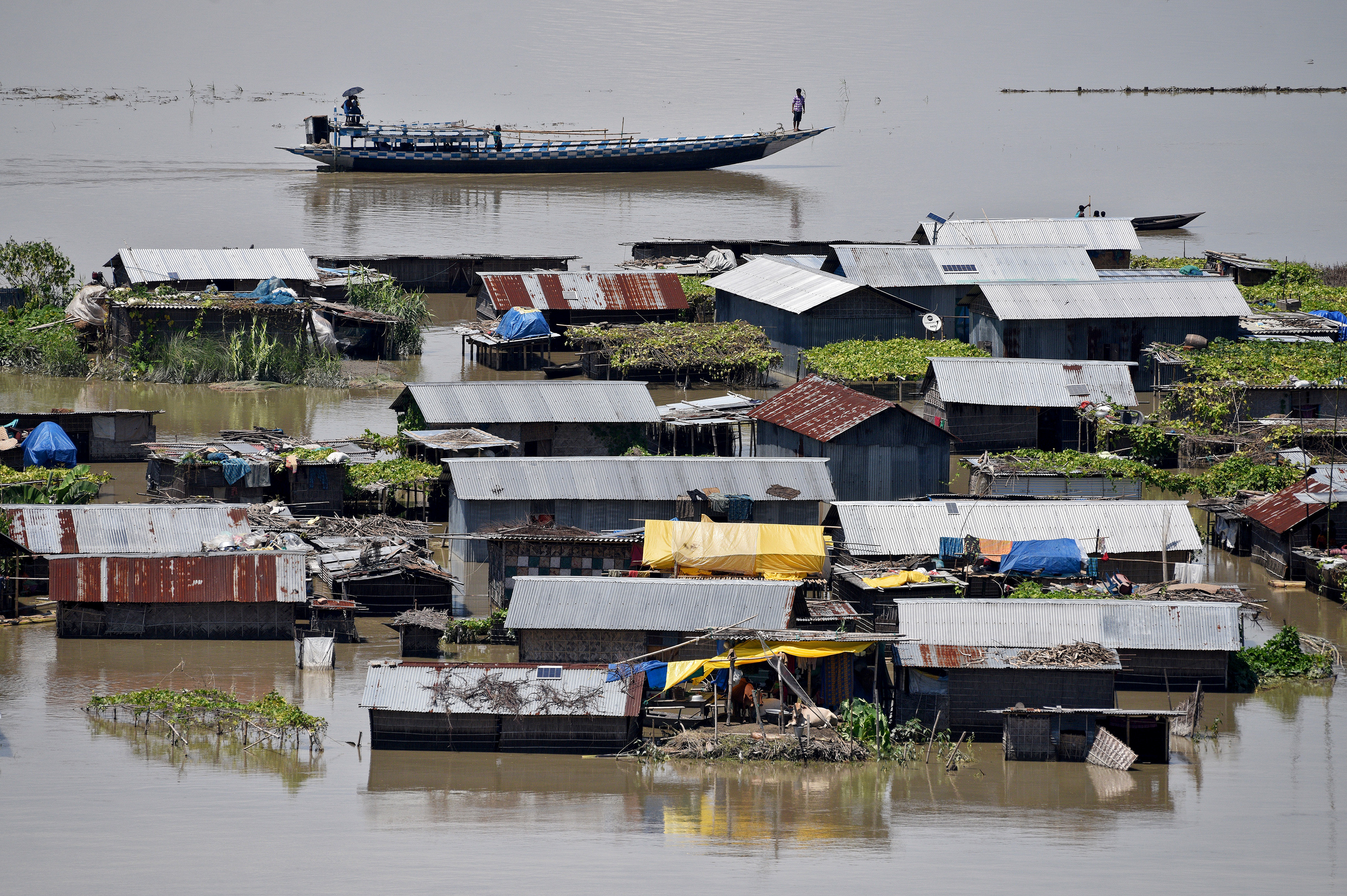
(Reuters) – Thousands of residents of a hill town in northwest Myanmar were hiding in jungles, villages and valleys on Monday after fleeing an assault by state troops, witnesses said, as the army advanced into the town after days battling local militias.
Mindat, about 100 km (60 miles) from the Indian border in Chin state, has seen some of the most intense fighting since a Feb. 1 coup that has led to the emergence of ragtag local armies that are stifling the junta’s bid to consolidate power.
Martial law was declared in Mindat on Thursday before the army launched its assault, using artillery and helicopters against a newly formed Chinland Defense Force, a militia armed mainly with hunting rifles, which said it had pulled back to spare civilians from being caught in the crossfire.
Several residents reached by Reuters said food was in short supply and estimated as many as 5,000 to 8,000 people had fled the town, with roads blocked and the presence of troops in the streets preventing their return.
“Almost everyone left the city,” said a volunteer fighter who said she was in a jungle. “Most of them are in hiding.”
A representative of the local people’s administrative group of Mindat said he was among some 200 people, including women and children, who had trekked across rocky roads and hills carrying blankets, rice and cooking pots.
He said the group was attacked with heavy weapons when troops spotted smoke from their cooking fires.
“We have to move from one place to another. We cannot settle in a place in the jungle,” he told Reuters by phone.
“Some men were arrested as they went into town to get more food for us. We cannot get into town currently. We are going to starve in few days.”
The Chinland Defense Forces in a statement on Monday said it had killed five government troops in Hakha, another town in Chin State.
The United Nations children’s fund UNICEF in a tweet urged security forces to ensure safety of children in Mindat, the latest international call for restraint after human rights groups, the United States and Britain condemned the use of war weapons against civilians.
MULTIPLE FRONTS
The United States, Britain and Canada on Monday announced more sanctions against businesses and individuals tied to the junta. U.S. Secretary of State Antony Blinken urged more countries to follow suit.
Myanmar has been in chaos since the coup, with the military battling armed and peaceful resistance on multiple fronts, adding to concerns about economic collapse and a humanitarian crisis from old conflicts reigniting in border regions.
The fighters in Chin State say they are part of the People’s Defense Forces of the shadow government, which has called on the international community for help.
In an effort to coordinate the anti-junta forces, the shadow government on Monday issued a list of instructions to all the civilian armies, which it said must operate under its command and control.
Aid groups in direct contact with residents of Mindat made urgent calls on social media on Monday for donations or food, clothing and medicine.
Salai, 24, who has been organizing an emergency response, said she had spoken to people hiding in a valley and on farmland who had fled the advance of soldiers.
“They looted people’s property. They burned down people’s houses. It is really upsetting,” said Salai.
“Some in the town were injured by gunshots, including a young girl. She cannot get medical treatment.”
A military spokesman did not answer calls or messages seeking comment.
In its nightly news bulletin, state-run MRTV said security forces returned fire after coming under attack from insurgents in Mindat, who fled, and that government troops had been attacked elsewhere in Chin State.
So far, 790 people have been killed in the junta’s crackdown on its opponents, according to the activist group the Assistance Association for Political Prisoners.
The military disputes that figure. Reuters cannot independently verify arrests and casualty numbers.
The military says it intervened after its complaints of fraud in a November election won by Aung San Suu Kyi’s party were ignored.
An international monitoring group on Monday said the results of that election “were, by and large, representative of the will of the people of Myanmar”.
(Reporting by Reuters Staff; Writing by Martin Petty; Editing by Nick Macfie)










